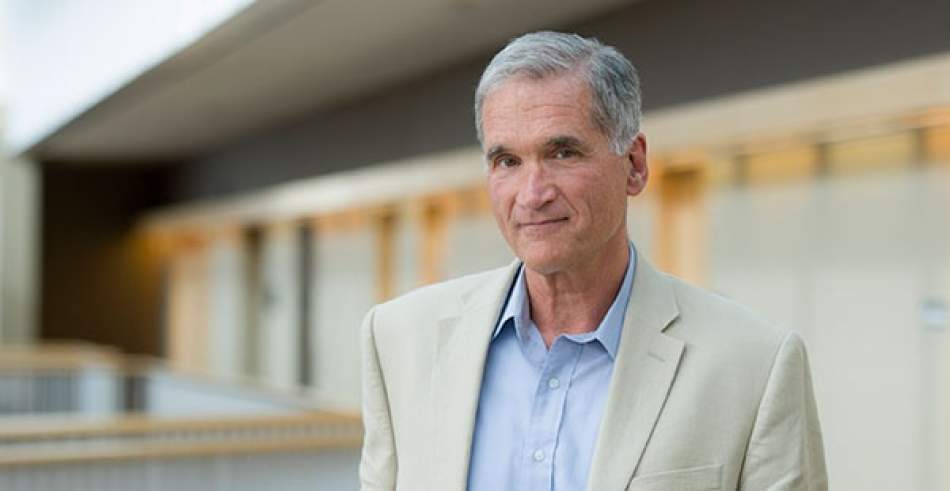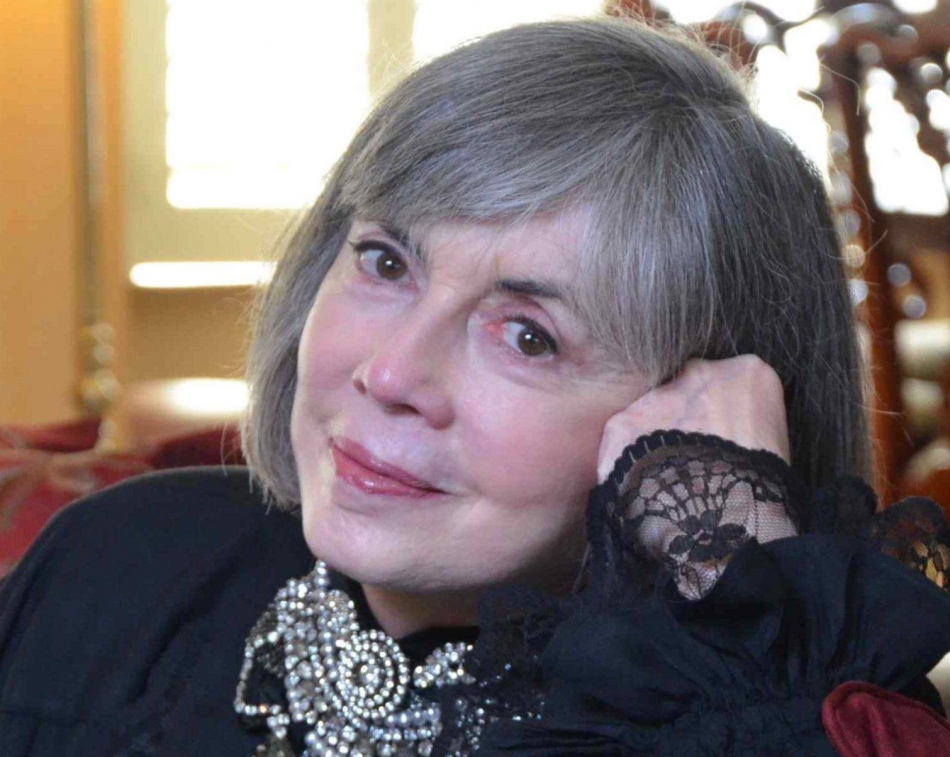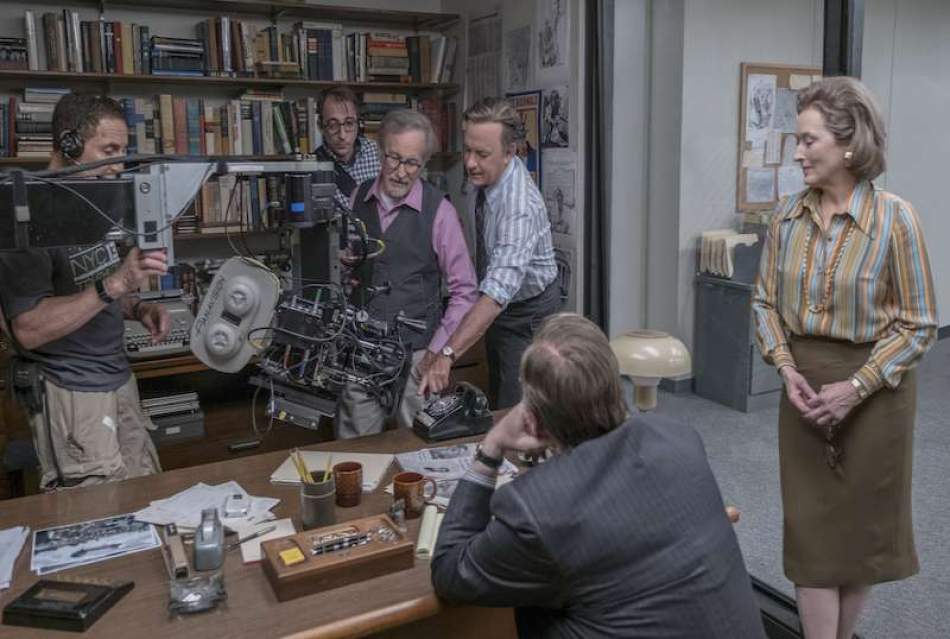Interview with David I. Kertzer, Pulitzer Prize for the book 'Mussolini and Papa Pio XI'
Daily / Libri / Interview - 13 March 2017
The Kidnapping of Edgardo Mortara: from Kertzer's book to Spielberg's movie.

Q. The Kidnapping of Edgardo Mortara tells an event that took place in Bologna. How did you find the story?
A. I had been doing both ethnographic and historical work based in Bologna since 1971, but I only learned of the caso Mortara from an American colleague in the early 1990s. The more I learned about its importance to Italian history and the international attention it received, the more surprised I was it was so little known. When I got to read the verbali of the trial of the Inquisitor for kidnapping Edgardo Mortara, at the Archivio di Stato di Bologna, it was so dramatic and shed light on so many large historical developments that I decided I wanted to write a book, and write it in such a way that it would attract an audience beyond academia.
Q. Steven Spielberg will shoot a film from this book. Why do you think he chose this story?
A. Well, perhaps you need to ask him that question. Several years ago, Tony Kushner was working with Spielberg on his screenplay for the film “Lincoln,” and Tony, thinking Spielberg would enjoy the book, gave him a copy of The Kidnapping of Edgardo Mortara. A month later, Spielberg called me to say that he had read the book, found it powerful, and was eager to turn it into a film. I of course was extremely pleased.
Q. You wrote "The Popes Against the Jews: The Vatican's Role in the Rise of Modern Anti-Semitism". In your opinion, what are the reasons behind the papacy's demonization of the Jews?
A. I wrote that book in reaction to the official statement put out in 1998 at Pope John Paul II’s request by a high-level Vatican commission. The statement, “We Remember: A reflection on the Shoah,” eleven years in the making, was the Vatican’s response to the question of whether the Roman Catholic Church bore any responsibility for the demonization of the Jews that led to the Holocaust. It argued that in fact the Church bore no such responsibility, for while the Church had been historically involved in what it termed “anti-Judaism,” this was based only on negative religious views of Judaism. By contrast, it argued, what led to the Holocaust was an unrelated, modern, politically, economically, and racially based demonization of the Jews, which it termed “anti-Semitism.” Having previously worked on related issues, I knew this distinction to be without any historical merit. The Vatican was deeply involved in the origin of modern anti-Semitism in the late nineteenth century and, up through the 1930s, it was involved in spreading the view that Europe’s Jews posed a great danger to healthy Christian society. Italy’s racial laws from 1938 were remarkably similar to the restrictions that the popes had imposed on the Jews for as long as they had control over them, which they did in Rome until the fall of papal Rome in 1870.
Q. In "Amalia's Tale: Peasant's Fight for Justice in 19th Century Italy", the story is set in Bologna. It is also a story of feminism?
A. Amalia’s Tale is one of my favorite books, and one that I think has had a greater impact in Italy than it has in the United States. It tells the story of a courageous young, illiterate, peasant woman from the mountains outside Bologna who contracted syphilis from a baby she was given to nurse from the Bologna foundling home. It is a classic story of an oppressed poor woman facing a male elite. She sued Count Isolani, head of Bologna’s hospital board, a suit that went all the way to the Corte di Cassazione in Rome. So yes, it can be seen as an important part of the history of women’s struggles in Italy.
Q. You wrote "The Pope and Mussolini," which won the Pulitzer Prize. How did you realize the research and what was the most difficult time?
A. I decided to write The Pope and Mussolini in 2002, when Pope John Paul II announced he was authorizing the opening of the Vatican archives for the papacy of Pius XI (1922-1939). The relationship between the Church and the Fascist regime has been a controversial topic not only among historians but in the broader public. The opening of the archives for this dramatic period made it possible to get a much clearer understanding of what this relationship really was. That said, along with the Vatican and other church archives, such as the central Jesuit archives in Rome, were important, it was also crucial to plumb the various Italian state archives, including both the Archivio Storico del Ministero degli Affari Esteri and the Archivio Centrale dello Stato. Perhaps the most frustrating aspect of this work comes from the fact that certain important documents have at some point been taken from the archives. To give an example: one of the richest sources for this book were the files of the Fascist spy service. They undoubtedly compiled a file on Eugenio Pacelli, who in the 1930s was Pius XI’s secretary of state. But that file is now missing from the Archivio Centrale dello Stato. Who took it, and when, and whether it still exists somewhere, we do not know.
Q. You have often written of the cities of Bologna and Rome. Do you come often to Italy?
A. When I was a child, my father told stories about his time as a U.S. soldier in Italy during World War II. He was with the troops that landed at Anzio and then with those that liberated Rome. He was very fond of Italy. When I was looking for a place to do research for my doctoral dissertation in social anthropology—focusing on politics and religion—I decided to do it in Italy, fascinated by the fact at the time that Italy had the largest Communist Party in the world outside the communist world, yet also had the Vatican. Beginning with that first year doing fieldwork in a quartiere popolare di Bologna, I have spent a total of seven or eight years living in Italy with my wife. Aside from a year in Catania, as a visiting professor, we have largely lived in Bologna and Rome, two fantastic cities.
Q. A question about your private life. What about your hobbies?
A. My wife Susan is a lawyer who retired early so that she could spend time in Italy with me. I am a professor at Brown University, in Providence, Rhode Island, where I was happy to be able to convince my friend Romano Prodi to serve as a Professor at Large for five years after his second government. As for my hobbies, I enjoy playing the guitar, although I am not very good at it, and I seem largely to be stuck playing songs I learned as a youth in the 1960s. Influenced by my friend Giuseppe Ficara, professor of classical guitar at the conservatory at Pesaro, I have been trying to teach myself classical guitar as well, but it has been slow going.
© All right Reserved












